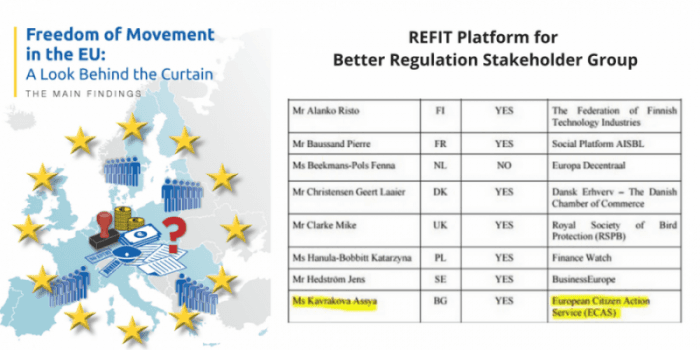
Last week the European Court of Justice recognized freedom of residence for same-sex spouses living in the EU.
This arose from a case by Adrian Coman, a Romanian-American national who married his partner in Belgium. His partner had been denied a residence permit on the ground of family reunion because Romanian law does not recognize same-sex marriages.
The judgment said Member States should accept and fully recognize the right to freedom of movement and residence of same-sex spouses, even if the marriage is not recognized by the Member State of residence. This is because the Member State’s refusal to recognize the marriage for the sole purpose of granting a derived right of residence to a non-EU family member “may interfere with the citizen’s right to freely move and reside within the territory of the Member State”.
It is of paramount importance that the Commission take into account this case law and all other ECJ rulings issued since the last Communication on Directive 2004/38/EC in 2009, and issue a new Communication.
ECAS has already called for a revised Communication which must reflect all ECJ rulings. As a Member of the Regulatory Fitness and Performance (REFIT) platform Stakeholder group, last year ECAS submitted a series of recommendations outlining 10 loopholes which compromise citizens’ residence rights. The recommendations resulted in an opinion, which was adopted by the REFIT platform, recommending a new Communication on the Citizenship Directive, to which the Commission is expected to respond in due course.
Many obstacles to entry and residence rights to EU nationals and their non-EU family members existing today are caused by existing gray areas in the Citizenship Directive, which we urge the Commission to address and clarify.
Read the full report of our latest study on obstacles to free movement here (short version here).